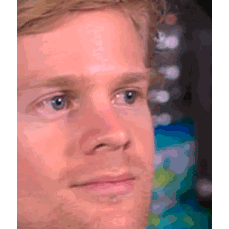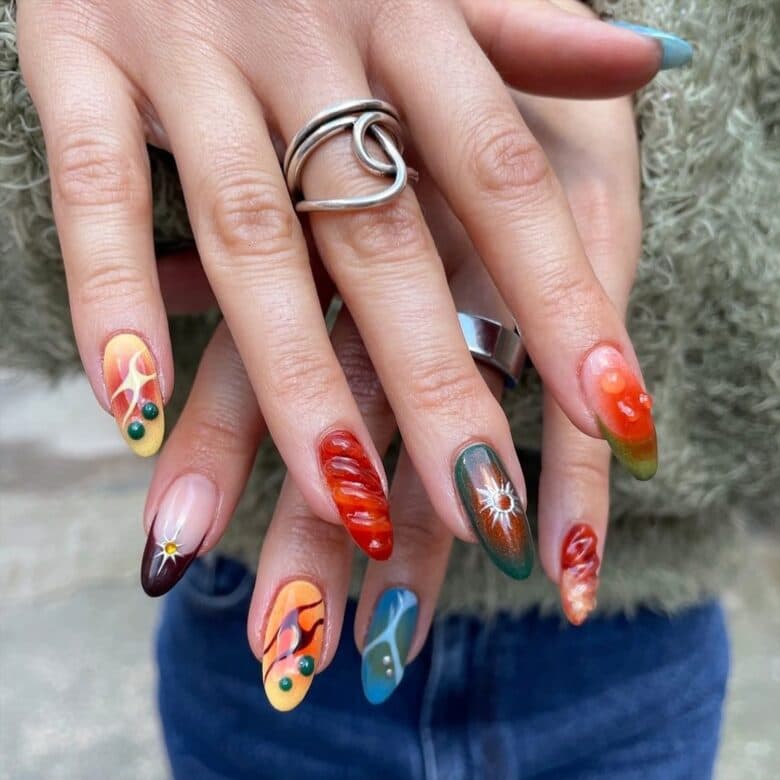Let Ebony Bones be your internet guide
Writing, composing, producing and releasing her own post-punk, alt-pop sounds, Bones is the author of her world and it’s iconic aesthetic. Working with The Beijing Philharmonic Orchestra on a third album, collaborating with Yoko Ono on remixing her older music, Bones is one of the few women in the male-dominated production world. Breaking down genre boundaries, Bones explains that she’s “always pushing myself into unknown territory, I enjoy the challenge of stepping outside my circumference and learning from other cultures. There’s always a huge risk of recording alongside musicians you’ve never met, and don’t even speak the same language. Will it work? will you be able to communicate? In many ways it could be a recipe for disaster but these are all the elements that drive me as a creator. Music is the galvanizing force that brings people together.”
Powerful but in the minority, Ebony Bones makes sure her platform counts, makes sure her voice is heard and that it’s all vital to be said. As Bones emphasises “gender and ethnic diversity are markers for many of the key things that make music and art vital and resilient,” says Bones. “However, with the frighteningly low proportion of female music producers, there is currently only one dominant voice that determines what we all hear, and what music gets made.” Exploring activism through her music, her latest album, Nephilim, is a seething and honest look at racial violence and our post-Brexit world, proving Bones to be as poignant as ever and definitely a voice we need to be amplifying right now. So let Ebony Bones be your Internet guide…
What would you like to see more of online?
I’d like to see more inclusivity not just in online content but behind the scenes where creative decisions are made.
What or who is the best account you follow? The worst?
Malcolm Gladwell is an interesting character his podcast Revisionist History is a current favourite
What’s the craziest thing you’ve read about yourself online?
That following my work with The Beijing Philharmonic Orchestra I have been approached to score the sequel to a Marvel blockbuster.. crazy.
What’s your favourite meme?
White guy blinking.

What’s your earliest memory of the Internet?
The sound of the dial up connection
Is the Internet a good or bad thing for music?
On average an artist can receive anywhere between $0.006 and $0.0084 per spotify stream. That means for many independent artists it can take up to 2 months to afford a cup of coffee. When an art form is devalued it can result in less creative input, which I don’t think is a good thing. And although the internet via streaming services have made music more accessible – playlists (which have become increasingly important in making and breaking new artists) are still staggeringly male. But how many playlists are curated by women? This means many listeners who gravitate towards playlists, are only hearing music that does not portray the entire diversity of the music industry.
How many followers represent success?
Depends on ones definition of success. For example director Steve McQueen is was one of the most important British artists of his generation, and despite not being on social media – has won both a Turner Prize and an Academy Award for best film. It really depends your perception of success. As a somewhat introverted extrovert I prefer communicating through my work.
Finally…what’s going on in your life?
My new album Nephilim is out now. The album explores the emergence of Nationalism post-Brexit and Trump as well as the theme of censorship: something that began with my work alongside The Beijing Philharmonic Orchestra who feature on the album. Many people asked about recording in Beijing and censorship in China. However whilst I didn’t directly experience any, it got me thinking about all the ways in which censorship manifests itself in our culture. It takes on covert forms, like who gets to speak and who doesn’t get to speak, and all the ways we try to silence the voices of people we don’t want to hear. I made Nephilim conscious of the fact that these were not subjects females usually write about.
Nephilism is out now, check it out here and follow Ebony Bones on Instagram here.

